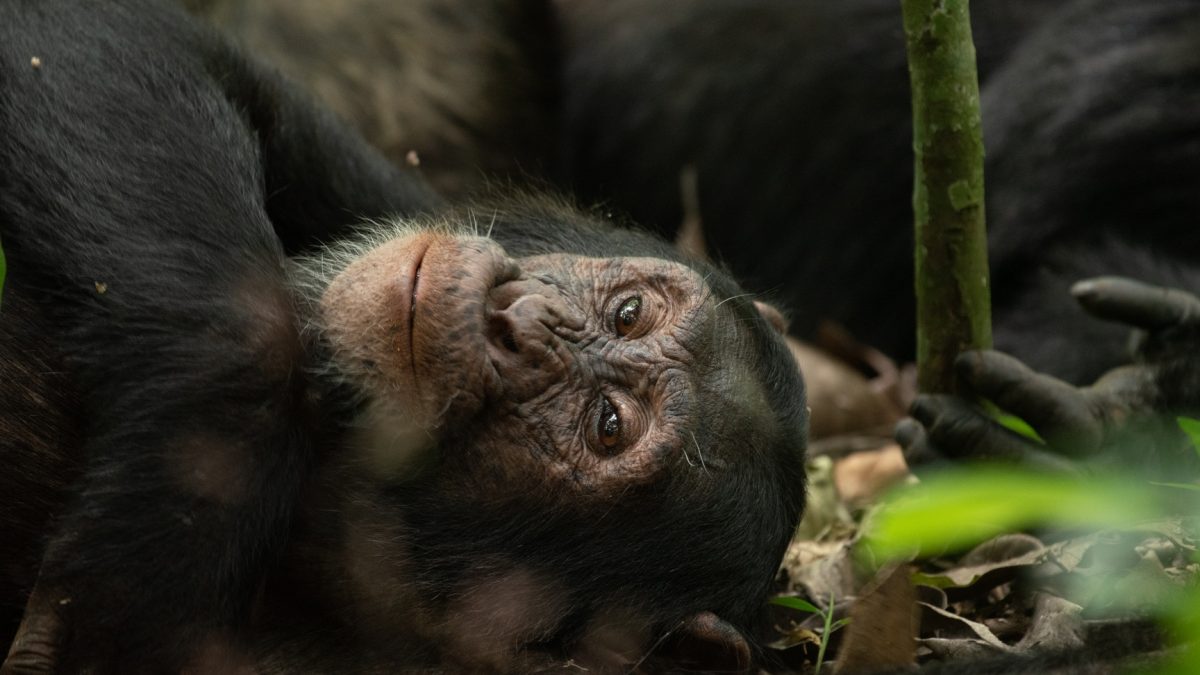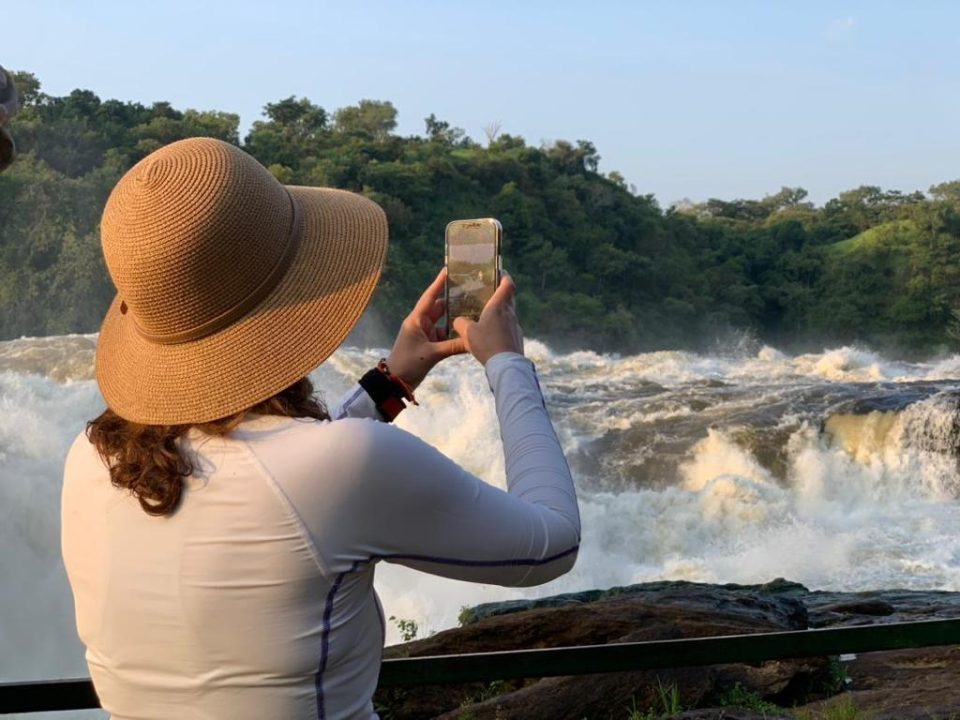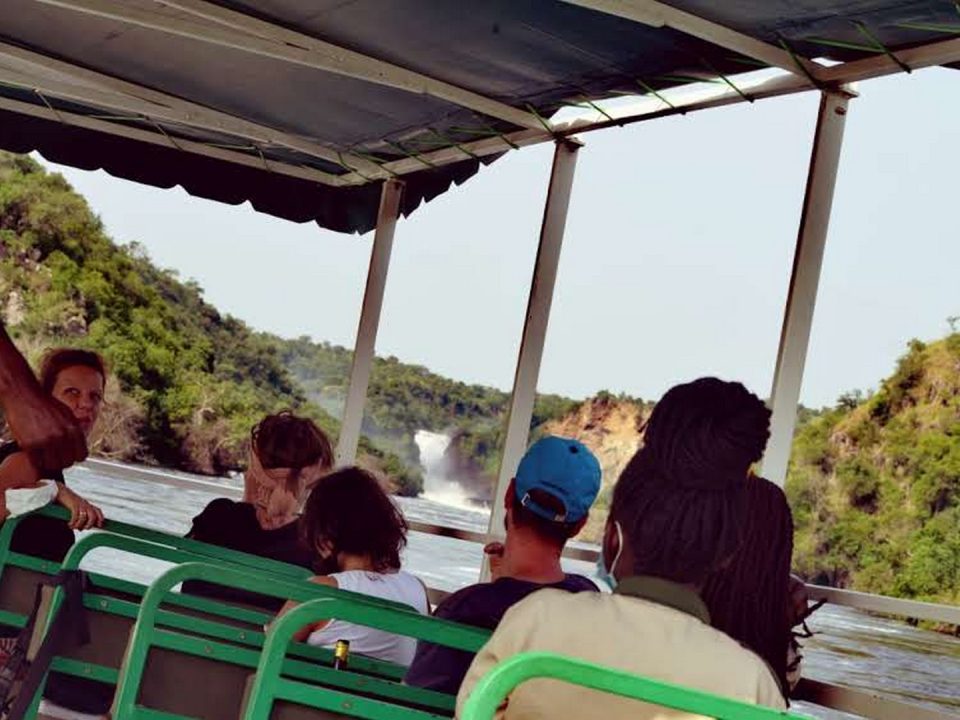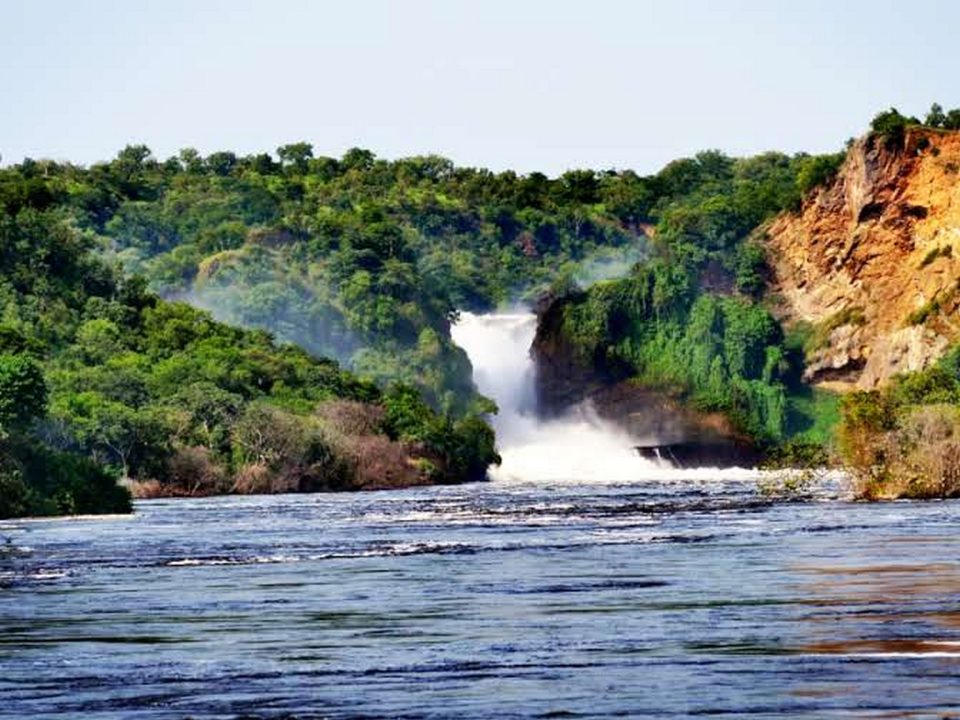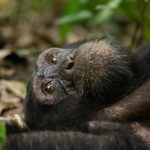
How Many Chimpanzee Families Are Available for Tracking in Rwanda?
March 20, 2025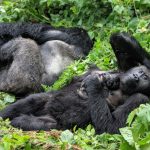
How Far Do You Have to Be from Gorillas While Trekking?
March 23, 2025Are There Any Health or Vaccination Requirements for Chimpanzee Tracking in Rwanda?
Chimpanzee tracking in Rwanda is an extraordinary experience that offers visitors the opportunity to observe one of our closest relatives in their natural habitat. However, like any wildlife tracking adventure, it is essential to be aware of the health and safety measures that protect both you as a visitor and the animals you encounter. Rwanda’s authorities place a strong emphasis on the health of both tourists and wildlife, especially considering that chimpanzees are vulnerable to human diseases. As a result, there are specific health and vaccination requirements that all trekkers should be aware of before embarking on a chimpanzee tracking expedition in Rwanda.
In this comprehensive guide, we outline the necessary health precautions and vaccination requirements to ensure a safe, enjoyable, and responsible chimpanzee tracking experience in Rwanda.
Why Health and Vaccinations Matter for Chimpanzee Tracking
Chimpanzees, like other primates, share a significant amount of genetic material with humans. This close relationship makes them susceptible to diseases that humans can transmit, including respiratory illnesses like the flu, colds, and even more serious diseases such as tuberculosis. In turn, humans can also contract diseases from chimpanzees, which is why strict health protocols are in place to reduce the risk of disease transmission.
Rwanda has implemented stringent measures to ensure that both tourists and chimpanzees remain safe during tracking excursions. These measures include health screenings for trekkers, vaccination requirements, and guidelines that protect both visitors and wildlife.
Health and Vaccination Requirements for Chimpanzee Tracking
Yellow Fever Vaccination
Rwanda requires all visitors aged 9 months and above to have a valid yellow fever vaccination certificate. Yellow fever is a viral disease transmitted by mosquitoes, and the vaccination is an essential requirement to prevent outbreaks and protect public health. Travelers should ensure that they receive the vaccine at least 10 days before traveling to Rwanda, as the vaccine takes time to become effective. A yellow fever vaccination certificate is mandatory and must be presented upon arrival at the airport or border entry points.
It is important to note that if you are coming from a country where yellow fever is endemic, the yellow fever vaccination certificate is a legal entry requirement. Even if you’re arriving from a non-endemic country, it’s still recommended to get the vaccine as a precautionary measure.
Routine Vaccinations
In addition to the yellow fever vaccine, visitors should ensure that they are up to date on routine vaccinations. These include vaccines that are generally recommended for international travel. Some of the key vaccines include:
- Tetanus-diphtheria-pertussis (Tdap): This vaccine is important for travelers visiting rural or remote areas.
- Hepatitis A and B: Both are liver diseases that can be contracted through contaminated food, water, or blood.
- Typhoid fever: Typhoid is an infectious disease that can be contracted through contaminated water and food.
- Measles, Mumps, Rubella (MMR): Ensuring that you have received the MMR vaccine is important, as these diseases can be contagious and are still prevalent in certain parts of the world.
Check with your healthcare provider to confirm whether you need any additional vaccines or boosters before traveling to Rwanda.
COVID-19 Vaccination and Health Measures
As of recent global health concerns, COVID-19 vaccination is also an important consideration for travelers. Rwanda, like many countries, requires that all visitors show proof of COVID-19 vaccination for entry. In addition, travelers must provide a negative PCR test result taken within 72 hours before departure. However, it’s essential to check the latest requirements and guidelines from the Rwandan government or relevant authorities prior to your trip, as regulations can change depending on the evolving pandemic situation.
Travelers who are unvaccinated may need to provide additional health documentation or quarantine upon arrival, depending on the current entry requirements. Be sure to confirm the latest regulations with your airline and official Rwandan government resources.
Personal Health Screening for Trekking
Before you can embark on a chimpanzee tracking adventure, you will undergo a health screening by park rangers. This screening involves checking for any signs of illness, particularly respiratory symptoms. If you are showing symptoms such as coughing, sneezing, or other signs of illness, you may not be allowed to participate in chimpanzee tracking. This protocol is essential for preventing the spread of diseases to the chimpanzees, as even a mild cold can be harmful to these sensitive creatures.
In the case that you are unwell, the park rangers will advise you to rest and will recommend alternative activities, ensuring the safety and well-being of both you and the wildlife.
Personal Hygiene and Disease Prevention
During your chimpanzee tracking adventure, it is essential to follow the hygiene guidelines established by the park authorities to reduce the risk of disease transmission. These include:
- Hand sanitization: You will be required to use hand sanitizer before and after tracking. Keeping your hands clean helps reduce the chance of spreading germs to the chimpanzees or to fellow trekkers.
- Masks: Although wearing masks is not always mandatory, it is highly recommended during the trek, especially if you are experiencing any respiratory symptoms. This is done to minimize the risk of transmitting airborne diseases to the chimpanzees and others in your group.
- Avoid feeding the chimpanzees: Visitors are strictly prohibited from feeding the chimpanzees during tracking. This is to prevent introducing diseases or creating dependency on human food sources.
- No direct physical contact: Physical contact with chimpanzees is prohibited. You must maintain a safe distance of at least 7 meters (21 feet) from the chimpanzees at all times to avoid transmitting diseases or causing stress to the animals.
By adhering to these health guidelines, you are contributing to the safety and conservation of Rwanda’s chimpanzee populations.
Additional Health Tips for Chimpanzee Tracking in Rwanda
- Insect Protection: Since Nyungwe Forest is a tropical rainforest, it’s important to take precautions against mosquito bites to avoid diseases such as malaria. Use insect repellent and wear long sleeves and trousers to minimize exposure to mosquitoes.
- Travel Insurance: It is advisable to have travel insurance that covers emergency medical treatment, including evacuation in the event of an injury or illness. This will provide peace of mind should an emergency arise during your trip.
- Hydration and Energy: Tracking chimpanzees involves walking through dense forests, so be sure to carry enough water and snacks to stay hydrated and energized during the trek.
Conclusion: Ensuring a Safe and Healthy Chimpanzee Tracking Experience
Chimpanzee tracking in Rwanda offers an unparalleled opportunity to observe these fascinating primates in their natural habitat. However, as with any wildlife experience, health and safety are paramount. By ensuring that you are up to date with vaccinations, following hygiene protocols, and adhering to the health guidelines set by the park authorities, you can help protect both yourself and the chimpanzees.
At Deks Safaris & Tours Ltd., we are committed to ensuring your chimpanzee tracking adventure is as safe, enjoyable, and responsible as possible. We provide expert guidance on health and vaccination requirements, as well as ensure that you are fully prepared for your trip. Contact us today to begin planning your unforgettable chimpanzee tracking safari in Rwanda!

